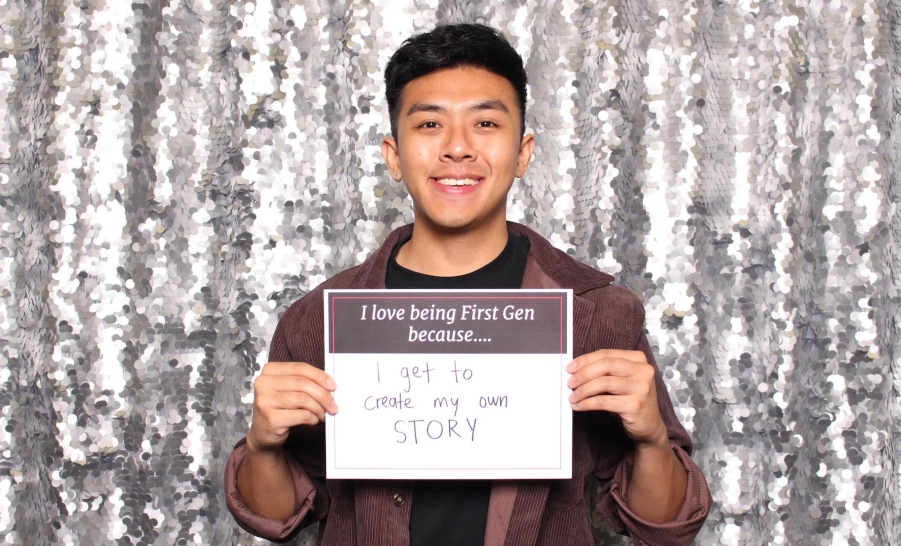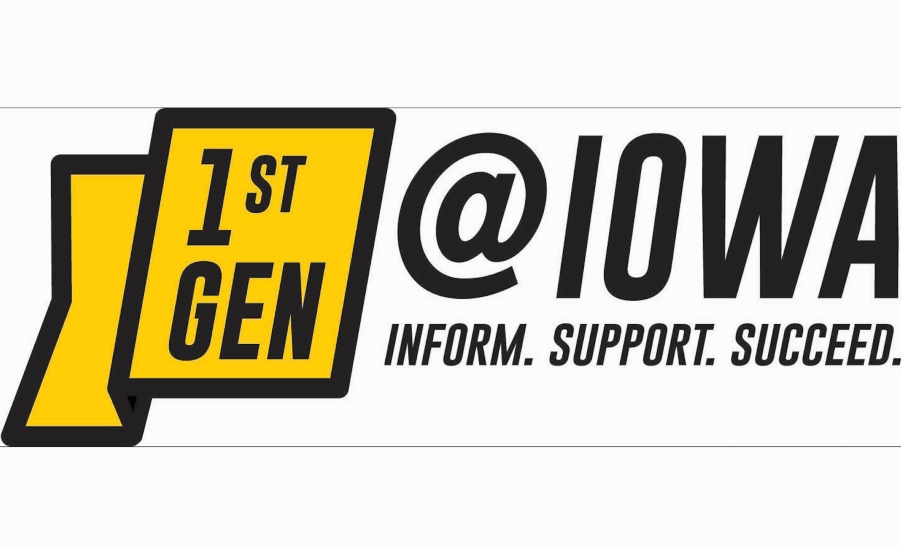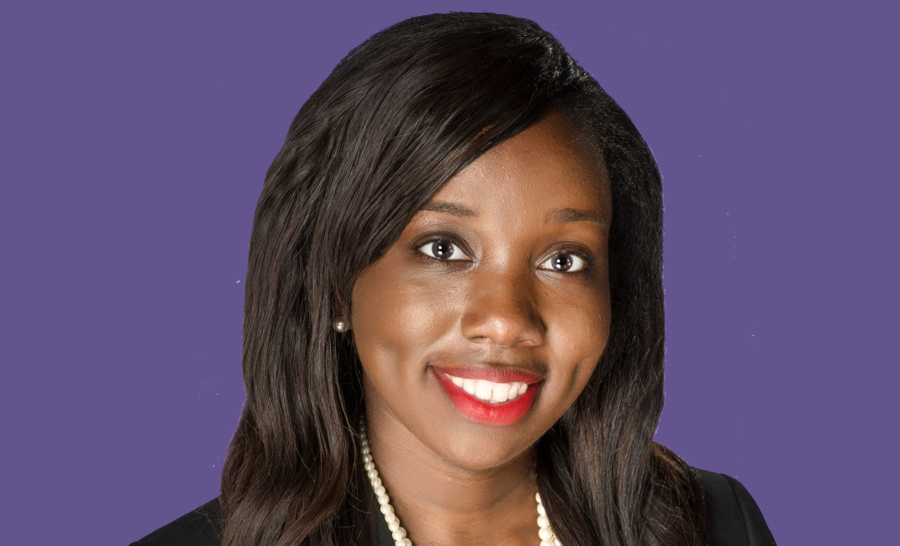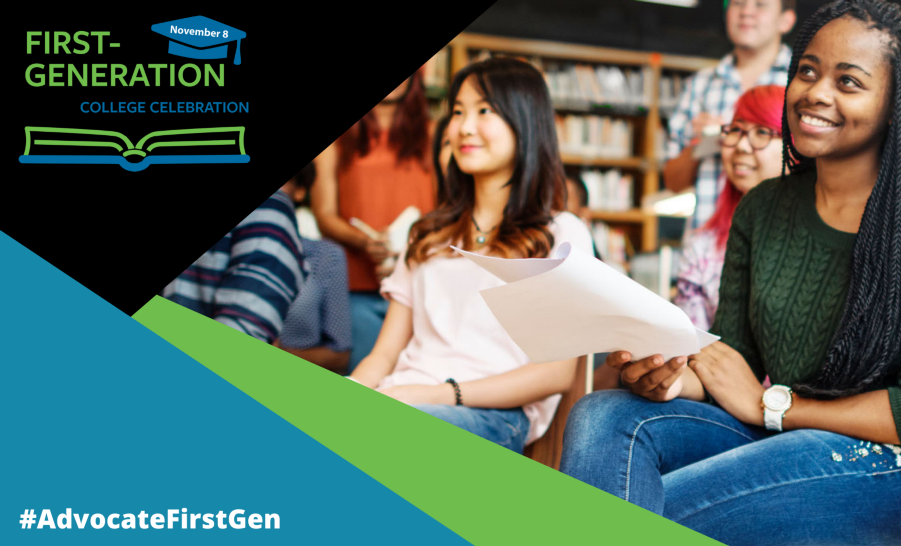Exploration and Discovery of Best Practices in the First Year for First-gen Students
Melissa Westover and Jacob Lesandrini, / FirstGen Forward / December 04, 2019
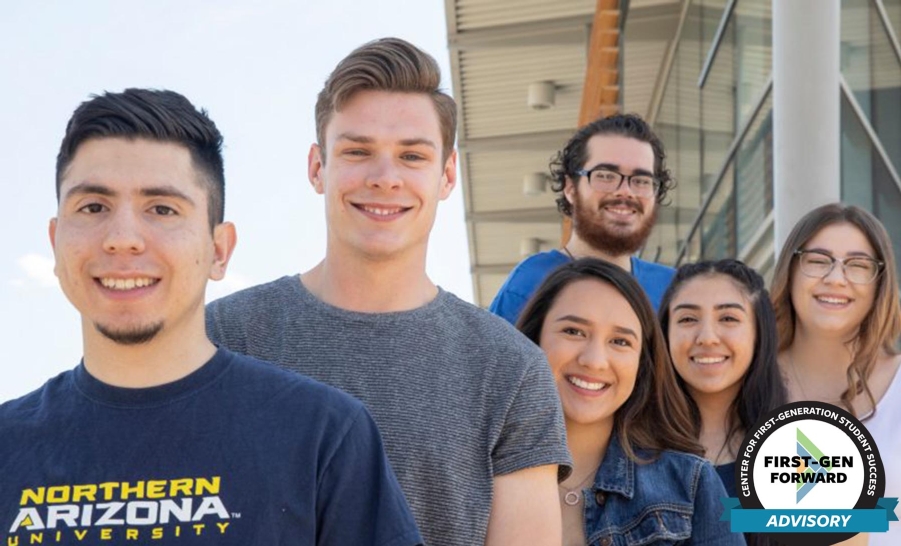
First Year Experience (FYE) at Northern Arizona University is a program that provides support to first-year students through academic engagement and intensive/intrusive mentorship. The essential intent of the First Year Experience program is “to promote educational persistence and facilitate the design of a meaningful life.” The student population served by FYE is over 50% first-gen. The program is ever-evolving, to better meet the needs of students in higher education. The drive to continuously improve and provide students with a classroom experience that is deeply rooted in theoretical, research-based best practices led FYE to develop a first-gen working group in 2016, comprised of FYE faculty and staff. The charge of the working group was to examine current research related to first-gen students with a specific focus on how we can best support our first-gen students.
At first, the charge seemed clear. However, as the group ventured deeper into the research, it became evident that best practices for first-gen students we were searching for were really best practices for all students.
There were many ideas that emerged through the working group. The following highlight the findings:
- Demystifying expectations (academic, social, cultural) through deliberate explanation and discussion
- Explicitly discussing the differences between higher education and high school
- Establishing open communication
- Increasing course rigor and provide opportunities for individualization of material/assessments
- Decoding institutional structures, offices, acronyms, and closing cultural capital chasms
- Providing opportunities for mentoring
- Creating opportunities for social integration
- Teaching and strategizing ways to engage in self-advocacy
Below are a few examples that highlight the efforts to provide first-gen students (and really all students in our department) with transparent, sincere, research-grounded support.
1. Demystifying expectations (academic, social, cultural) through deliberate explanation and discussion.
FYE faculty have made several changes to the format and explanation of the course syllabus. Many faculty have incorporated a one-page visual syllabus that provides students with a visual representation of the course expectations.
Inspired by the work of Dr. Anthony Jack at Harvard University, FYE faculty have transitioned the language of office hours to student hours. This provides students with a clear understanding of what the time is intended for, students!
2. Explicitly discussing the differences between higher education and high school.
Embedded within each course in FYE is an opportunity for students to engage with faculty and fellow students in a discussion regarding the expectations of higher education. This opportunity helps students frame their academic goal setting for the semester.
3. Establishing open communication.
In addition to communicating with students via school emails and LMS messaging, some faculty have incorporated the use of Apps like Remind to provide students an additional way to reach out to faculty. Remind provides students and faculty the ability to text through the app without needing to exchange personal cell phone numbers.
4. Increasing course rigor and provide opportunities for individualization of material/assessments.
Faculty have taken many steps to increase rigor and individualization of course content. Department-wide there was an increased focus on the use and implementation of learning theories in the work we were doing. Faculty implemented various ideas from numerous learning theories. Some of the theories included:
- Self-Determination Theory by Edward L. Deci and Richard M. Ryan
- ADKAR by Jeff Hiatt
- Transition Theory by Nancy Schlossberg
- Mattering vs. Marginality by Nancy Schlossberg
- Identity Theory by Arthur Chickering
- Growth Mindset Theory by Carol Dweck
- SCARF by David Rock
Faculty participated in a “Maker Culture” professional development session. The session provided faculty with the framework for creating assessments that allow students to demonstrate learning in different mediums while successfully meeting the objectives. Faculty participated in a Quality Matters training. Quality Matters provides best practices for online learning. The training provided faculty with a foundation for developing an online learning experience that could support students in the FYE class and provide an opportunity for students to gain a deeper level of understanding and competency related to the LMS utilization, further supporting academic success in all classes.
5. Decoding institutional structures, offices, acronyms, and closing cultural capital chasms.
FYE faculty intentionally dedicate class time to explicitly increase student’s cultural capital. At the conclusion of the First Gen working group, the department developed a Glossary of Higher Ed words. The glossary is something that is used to support coaching efforts of the department.
6. Providing opportunities for mentoring.
Students participating in FYE courses meet with a peer coach weekly throughout the semester. These meetings focused on key topics related to first-year students.
Additionally, the department implemented a faculty-based intrusive mentorship. As part of the course requirements, students meet with faculty members for two individual meetings each semester. The meetings are around twenty minutes long. Initially, the meetings were focused on building connections and setting goals. In Spring 2019, the department completed an intensive training in Motivational Interviewing. Motivational Interviewing (MI) was developed by clinical psychologists William R. Miller and Stephen Rollnick and is a counseling style wherein participants explore potential behavior change through the exploration of ambivalence.
7. Creating opportunities for social integration.
An important element of the FYE curricula are assignments and activities that promote social integration and a sense of community/belonging. The “Passport Activity” in several course initiatives provided the opportunity for students to engage with academic, personal, and community-based activities that align with their interests and passions. Additionally, a student-centered, constructivist approach is the primary focus of all FYE classes; our students drive the discussion and create meaning from one another. Faculty are mentors and guides, not “sages on the stages.”
8. Teaching and strategizing ways to engage in self-advocacy.
As part of the intrusive mentorship model adopted by FYE, faculty serve as the frontline for students in crisis. It is a common experience during faculty 1/1 meetings for students to express a financial, mental health, housing crisis, etc. This provides faculty a moment to help students get the support they need to overcome the challenge they are faced with, strengthen their campus-based support network and strengthen their self-advocacy skills. This “warm handoff” to other units on campus (Student Affairs, Enrollment Management) is vital to ensure students receive the information and support they need in real-time.
To learn other ways NAU support first-gen student, visit their website.
